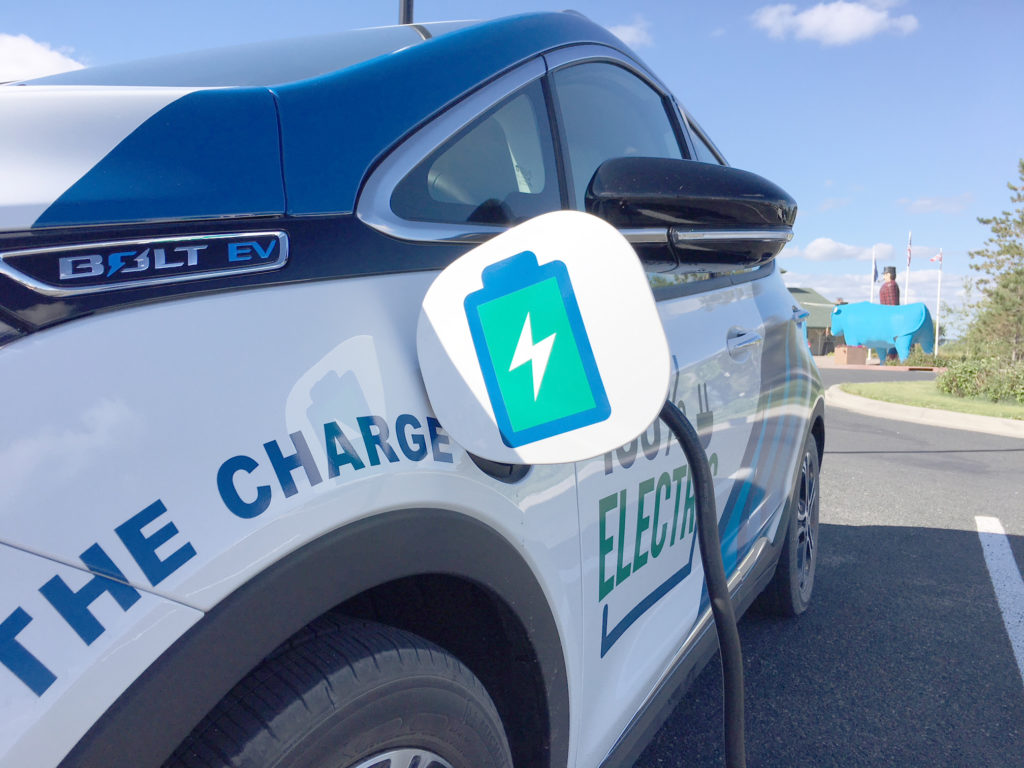
With electric cooperatives leading the way, Minnesota recently passed landmark energy policy reform that benefits consumers with reduced costs, greater efficiency and incentives to meet greenhouse gas goals.
The new Energy Conservation and Optimization Act replaces the state’s Conservation Improvement Program and its outdated requirement that co-ops and other utilities spend 1.5% of their annual revenue to reduce their electricity sales by at least 1.5% each year.
It also embraces beneficial electrification, which promotes the use of electric-powered devices that boost consumer savings and reduce pollution while improving grid resiliency and quality of life.
“Our energy savings goals are no longer measured by how much we spend,” said Darrick Moe, president and CEO of the Minnesota Rural Electric Association. “ECO allows us to grow our load, but because it’s beneficial electrification, you reduce total energy use.”
The law allows co-ops and other utilities to offer incentives for consumers to switch from carbon dioxide-emitting devices to electricity-based ones like electric vehicles, heat pumps and commercial and agricultural equipment.
“Minnesota’s stakeholder-driven update to its flagship energy efficiency programs is a milestone of national importance,” said Keith Dennis, NRECA vice president of consumer member engagement in the Business and Technology Strategies department.
“By harnessing the benefits of electrification, the environment will benefit and the energy system will be more efficient.”
ECO also provides for three-year plans to deploy programs and measure progress, replacing an annual process.
MREA made state energy policy reform a priority in 2017 and gathered a multi-stakeholder, bipartisan coalition to advocate for change. The resulting legislation passed the Democratic-controlled state House and the Republican-led Senate this spring. Gov. Tim Walz, a Democrat, signed the bill into law May 25.
Walz heralded the bill for its energy conservation and “beneficial fuel switching” that will allow “homes and businesses to run more efficiently and have a lower impact on our environment” while creating good-paying jobs.
MREA praised Rep. Zack Stephenson, a member of Minnesota’s Democratic-Farmer-Labor Party, and Republican Sen. Jason Rarick for guiding the legislation through their respective chambers to the governor’s desk.
“This is the most significant energy efficiency legislation to pass in Minnesota in many years, and for that we are thankful for the bipartisan work and leadership of Rep. Zack Stephenson and Sen. Jason Rarick,” said Joyce Peppin, director of government affairs and general counsel at the statewide association.
To ensure widespread support for the legislation, MREA partnered with Minnesota Municipal Utilities Association, investor-owned utilities and the Center for Energy and Environment, a clean energy advocacy group.
“MMUA enjoyed working with MREA to get ECO across the finish line,” said Kent Sulem, director of government relations for the municipals’ organization. “The partnership created a formidable force on behalf of consumer-owned utilities in passing this important modernization of our state’s CIP statutes.”
“We didn’t always see eye to eye as we developed the policy,” said Mike Bull, the center’s director of policy and external affairs. “But the trust that was built … allowed us to work through those differences and led to a much more robust legislative initiative.”
Cathy Cash is a staff writer for NRECA.